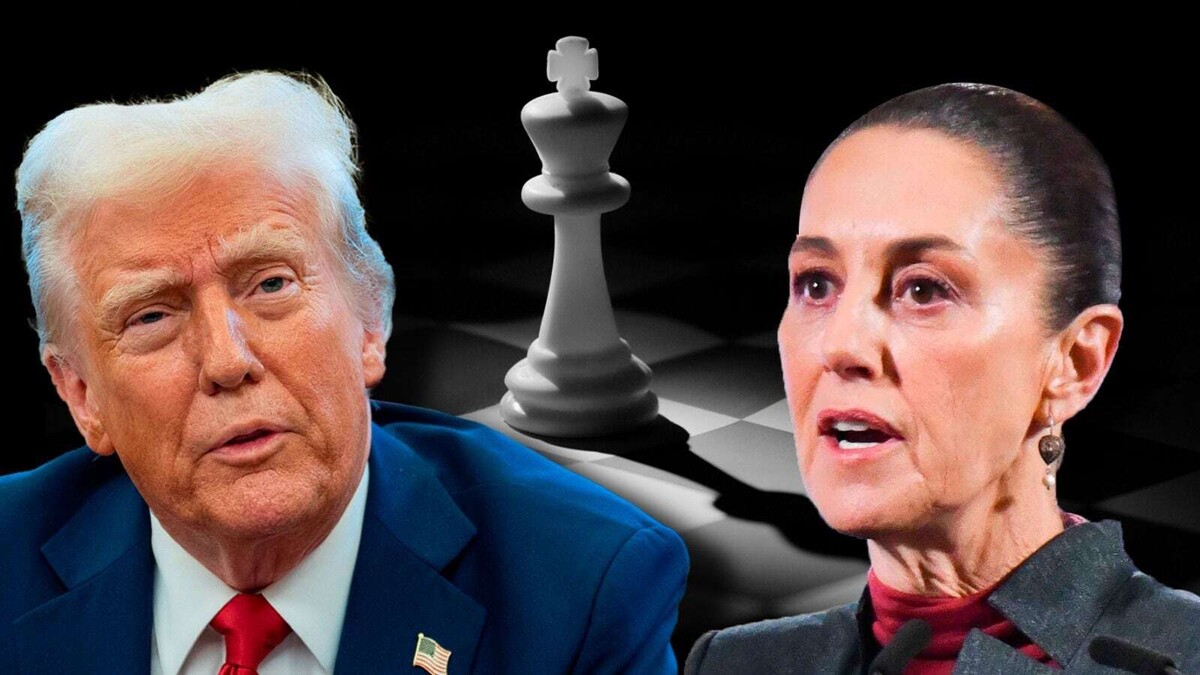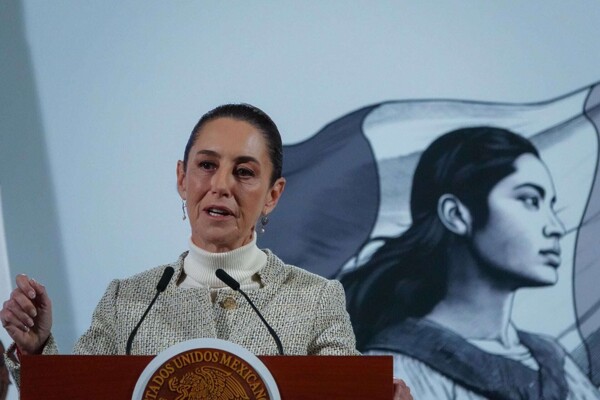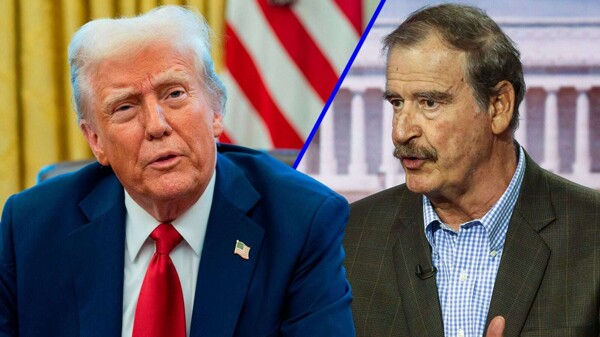
Colombian President Gustavo Petro has been criticized for his nationalist stance that could harm his country, while Mexico and the United States maintain a tense relationship, marked by the threat of imposing tariffs. Howard Lutnick, the designated Secretary of Commerce, has mentioned that tariffs could be lifted if Trump's demands are met.
Mexico agreed to send 30,000 National Guards to its southern border and deactivate migrant caravans, in an attempt to meet the White House's demands regarding border control and the fight against drug trafficking. Despite the pressures, President Claudia Sheinbaum has managed the situation prudently and avoided open confrontations with Trump.
Negotiations between the two countries continue, despite differences on issues such as migration and trade. Trump has threatened to impose tariffs on Mexico and Canada, generating uncertainty in the region. Sheinbaum remains firm in her stance and seeks to avoid a direct confrontation with the U.S. president.
Sheinbaum's strategy seems to include a cautious negotiation posture, avoiding premature commitments in agreements with Trump's administration. Despite Mexico's economic dependence on the United States, the Mexican president seeks to maintain a balance in bilateral relations, avoiding yielding to unjustified pressures.
Internationally, Trump faces criticism for his tariff policy and his aggressive approach to trade relations. Sheinbaum maintains a dialogue stance, albeit with prudence and firmness in the face of the U.S. president's demands. Uncertainty and tension mark the relationship between the two countries as a negotiated resolution to this crisis is awaited.














